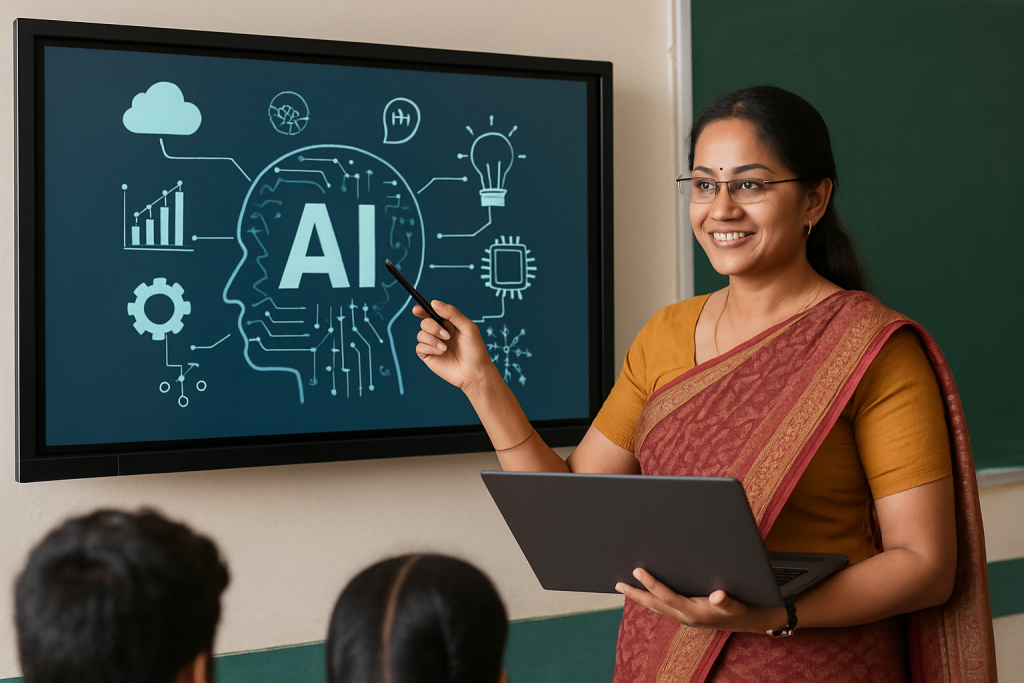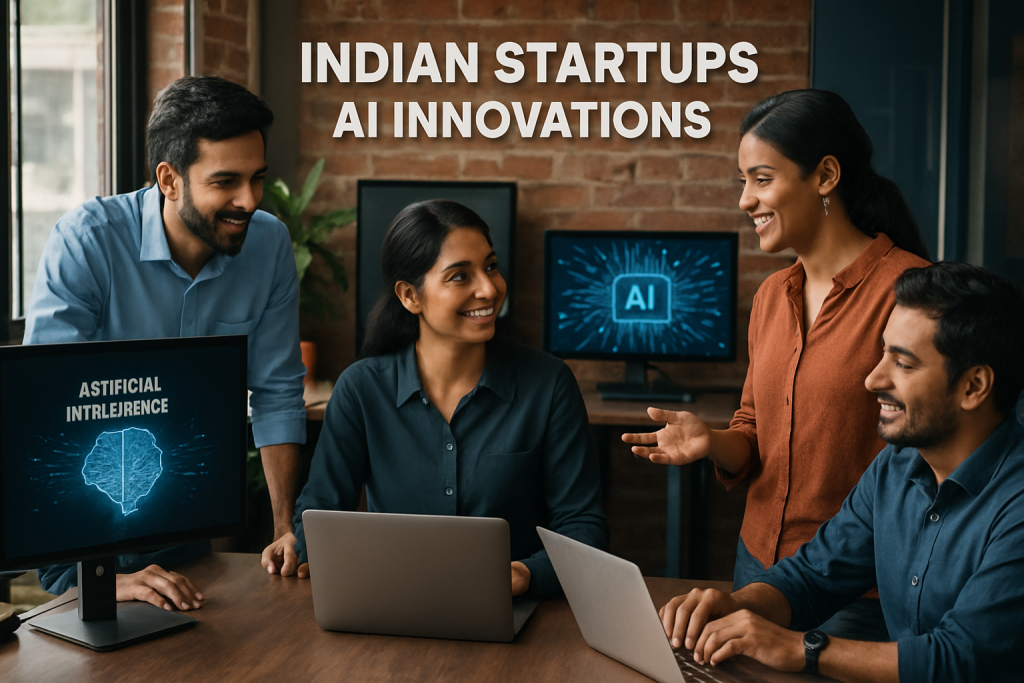. India has become the world’s largest market for generative AI education, recording over 2.6 million Genai course enrolments in 2024, with a 107% year-on-year increase, according to Coursera’s Global Skills Report 2025.
The surge reflects India’s digital transformation ambitions. However, the data reveal a troubling disconnect between learning enthusiasm and actual skills proficiency.
Why It Matters Now
India’s AI learning boom masks a deeper challenge. Despite leading global Genai course enrolment’s, India ranks 89th in overall skills proficiency according to Coursera’s Global Skills Report 2025, and 19th in the Asia Pacific region.
Coursera’s report found Indian professionals scored 18% proficiency in business skills, 22% in technology, and 20% in data science.
These numbers signal widening skills gaps in critical sectors. Industry estimates suggest India will need one million AI-skilled professionals by 2026.
“India’s digital and AI ambition is reflected in both national policies and learner behaviour. From national AI missions to skills-based hiring reforms and interdisciplinary education models, we’re seeing the foundations of a future-ready workforce take shape,” said Prashasti Rastogi, Coursera’s Director for Campus and Government in India.
Market Impact in India
Professional certificate enrolments grew 23% year-on-year to 3.3 million in India, with women representing only 26% of these learners. In Genai courses, just 30% of participants are women, compared to 40% in overall course enrolments’ disparity highlights unequal access to emerging technology education.
Mobile learning is prevalent in India, with 52% of Coursera users in India accessing courses via smartphones. This trend reflects India’s smartphone penetration and demand for flexible learning options.
Indian learners are showing increasing interest in practical skills such as full-stack development, DevOps, and containerization on Coursera.
Strategic Advantage
India hosts over 31 million Coursera learners, surpassing Europe’s total enrolments on the platform.
This positions the country as a crucial talent supplier for worldwide technology needs.
However, qualification gaps persist among Indian workers. Many professionals remain underqualified for emerging technology roles.
Risks and Considerations
According to Coursera’s AI Maturity Index, India ranks 46th globally. This assessment evaluates countries’ readiness for AI innovation and talent development. The ranking suggests implementation challenges despite policy initiatives.
Talent shortages threaten India’s AI ambitions.
Gender disparity in technology education poses additional risks. Women’s lower participation in Genai courses could limit talent pool diversity. This may impact innovation and problem-solving capabilities in AI development.
What Business Leaders Should Know
The report emphasizes three key priorities for addressing India’s skills challenge. First, organizations should focus on outcome-based training rather than enrolment numbers. Second, public-private partnerships need strengthening to bridge skills gaps effectively.
Third, improving women’s participation in technology fields remains essential. Companies investing in diverse AI talent development may gain competitive advantages.
Coursera’s Global Skills Report 2025 analysed data from over 170 million learners globally. The platform identified key skills across over 100 countries for this assessment.
The organization was founded in 2012 by Andrew Ng and Daphne Koller. Founded Coursera with the goal of providing universal access to high-quality education. The platform served over 170 million registered learners globally according to the 2025 Global Skills Report.
India’s Genai learning boom creates both opportunity and urgency. While enrolment numbers impress, converting enthusiasm into workplace-ready skills remains the critical challenge for businesses and policymakers alike.


